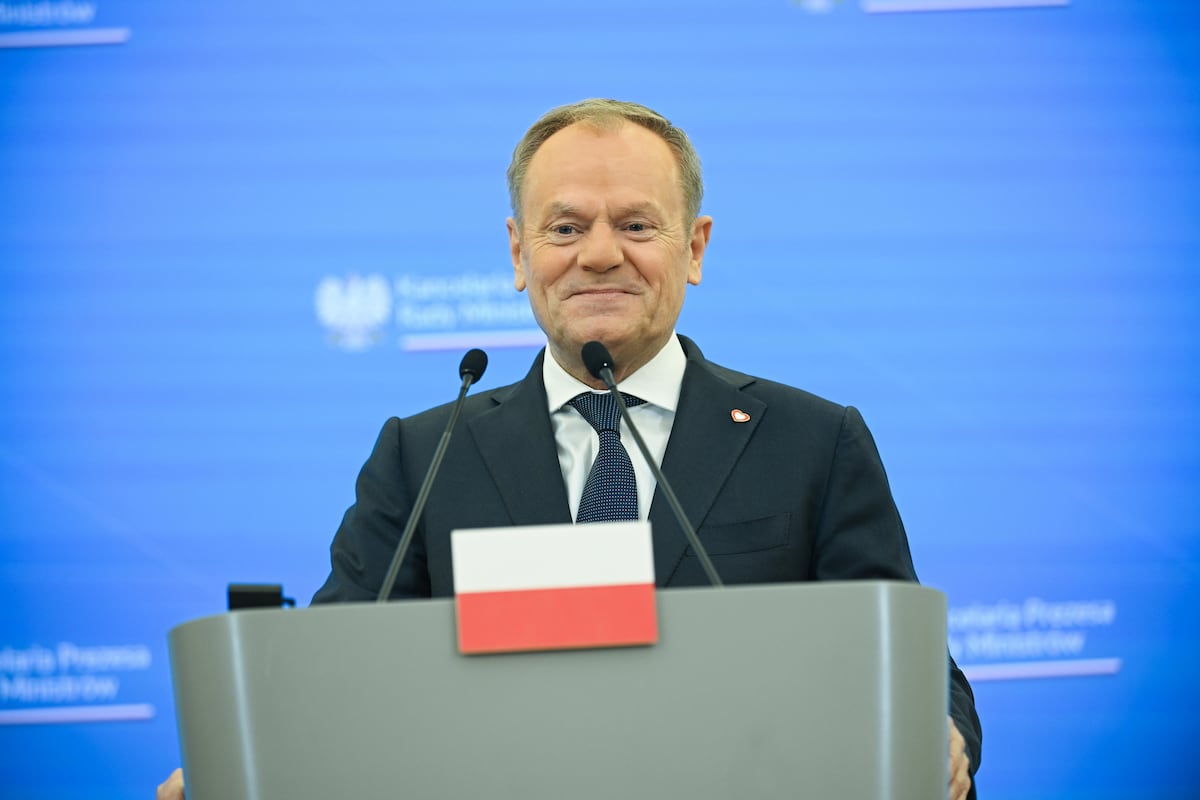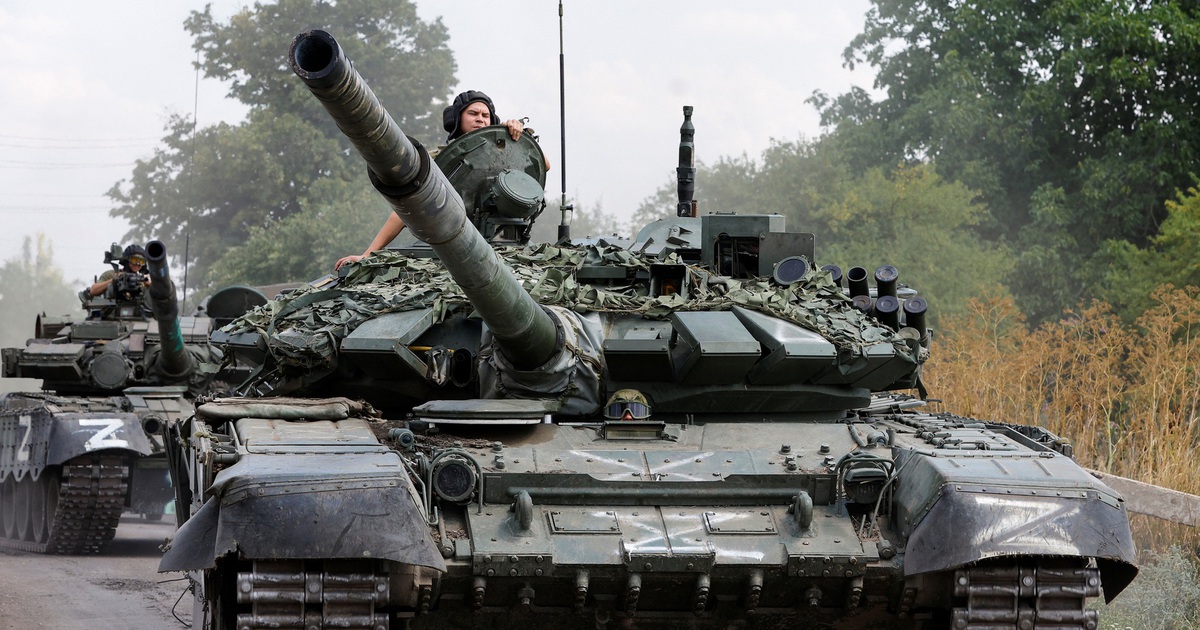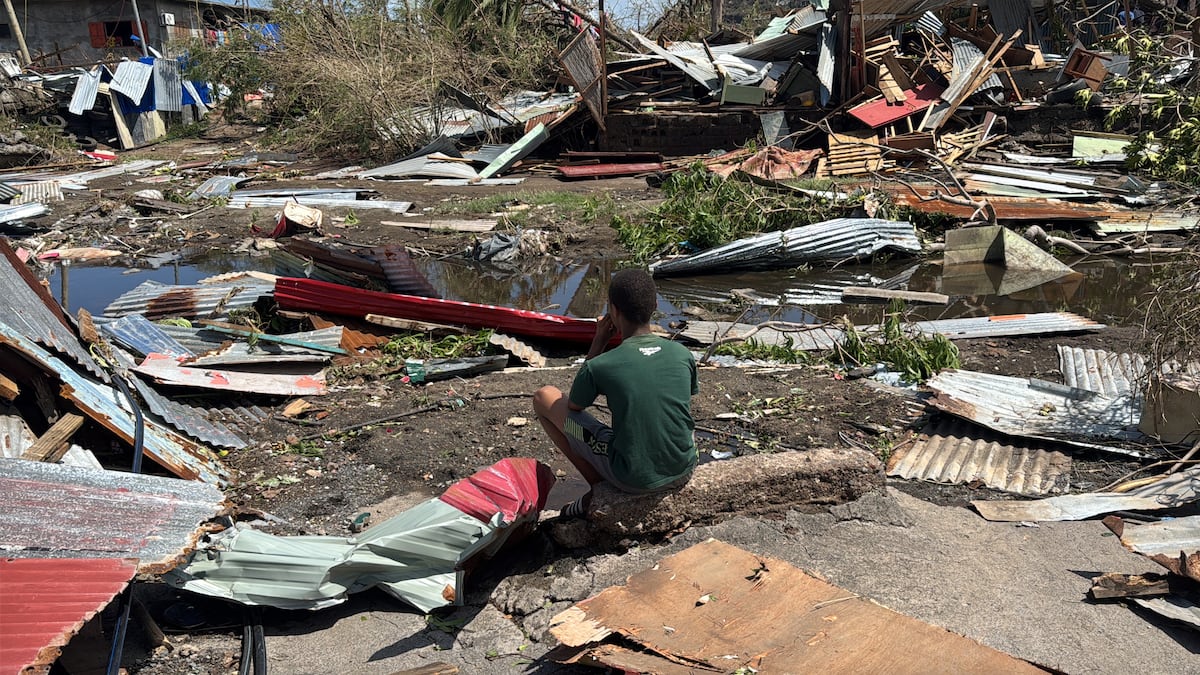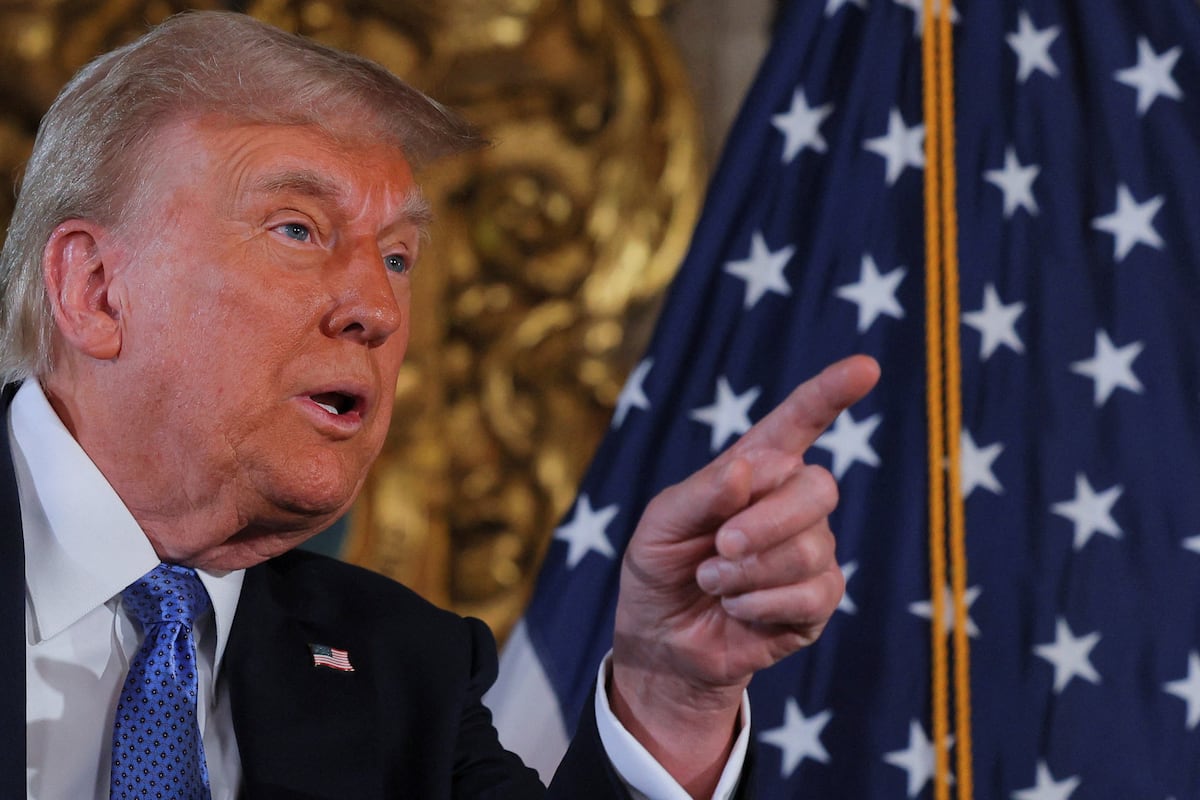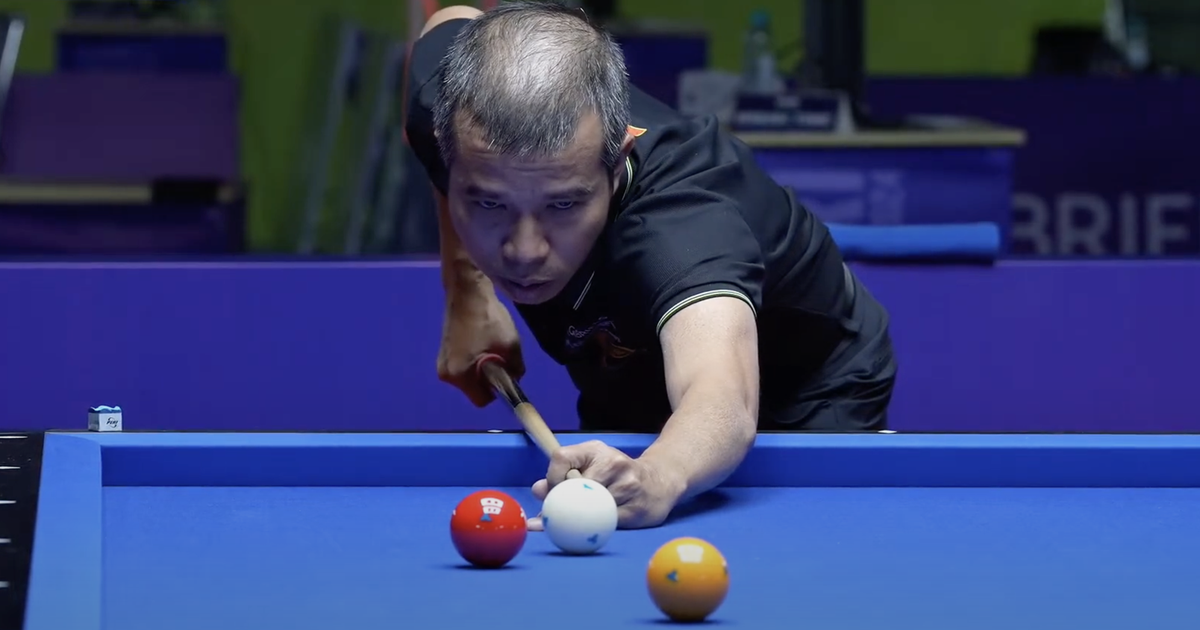Nature abhors a vacuum, and the same could be said of the European Union. The void that France and Germany are leaving with their respective political crises is beginning to be filled by Poland, perhaps called to be the central power in the new Europe.
To claim leadership – or “assume responsibilities”, as they prefer to say in Warsaw – this country bordering Ukraine at war is showing several cards. One is the economy, which is growing like few others on the continent. Another, a rearmament that triggers defense spending and is explained by the geographical location and the acute awareness of the threat posed by Russia.
There is something else, which gives, according to political scientist Jacques Rupnik, “political credibility” to Poland. And it is having left behind the years of nationalist populism of the Law and Justice party (PiS) with the return a year ago to the head of the Government of the pro-European Donald Tusk.
Warsaw these days offers a vibrant image, a city self-confident and aware of being one of the capitals, perhaps the capital, of this Europe in which the center of gravity moves away from Paris and Berlin. It is the Europe that, for four decades, lived under Soviet rule. The one that was released 35 years ago. The one that entered the European Union in 2004. It is the “other Europe”, to quote the title of Rupnik’s book published in the years of the Soviet collapse, or the “kidnapped West” about which Milan Kundera theorized in 1983, but now it is no longer “other” and is “Western”. ”.
“We talk about assuming responsibilities. We talk about working together in Europe and acting together,” says a Polish Government source, who requires anonymity, when asked if this country is prepared to lead Europe. The conversation takes place a few weeks before Poland takes over the rotating presidency of the EU Council in January. The moment is critical. Donald Trump, who returns to the White House in January, has promised to resolve the war in Ukraine with Russian President Vladimir Putin in a few hours. And it has threatened to disengage from its European allies in NATO.
“Poland is looking for a partner, but today there are no partners in Europe,” analyzes journalist Jędrzej Bielecki, international politics specialist at the newspaper Rzeczpospolita. In France, where François Bayrou has just been appointed prime minister after the fall of Michel Barnier’s government in a vote of no confidence, the president, Emmanuel Macron, is extraordinarily weakened. Like the German Chancellor, Olaf Scholz, forced to advance elections to February 23 after his government coalition broke up.
“Security and aid to Ukraine are our priority, our commitment,” says the aforementioned Polish government source. “We have good cards to convince and encourage our friends to collaborate.”
The main cards are a growth of 3% in 2024 and, according to the forecasts of the European Commission, 3.6% in 2025. Military spending is expected to rise to 4.7% of gross domestic product. No other NATO country spends as much on defense as Poland (Spain spends the least, at 1.28%).
There is more. The awareness, due to one’s own historical experience and neighborhood, of having seen Putin’s threat coming while Paris and Berlin believed it was possible to appease him. And the weakness of Scholz and Macron which, added to the deterioration of the Franco-German relationship, leaves room for Poland to shape the EU of the future.
“The Franco-German couple cannot lead Europe alone,” observes Piotr Buras, head of the European Council on Foreign Relations think tank in Warsaw. “There are some fundamental divergences of interest between Paris and Berlin. And these countries are, to put it honestly, too Western, at a time when European history takes place in the East. Although I am not convinced by this theory that the center of gravity of the EU is shifting to the East, I do believe that the center of attention is shifting to the East. That is where the future of the European Union is at stake.”
“Poland’s voice weighs heavily in Europe now,” says Rupnik, emeritus researcher at Sciences Po, and recalls that the previous ultra-conservative government, while calling for firmness with Russia, compared the EU to the USSR. “It was total incoherence.” Now, however, “Poland will be able to play a new role thanks to the credibility that the return of democracy gives it.” Also defense spending, according to the expert. But he adds that Warsaw needs to “redefine” the relationship with Germany, in which historical misgivings continue to weigh. And also with Ukraine, because, despite the determined Polish support for Russia, there are disputes over World War II, as well as misgivings about kyiv’s candidacy to the EU and its impact, among other areas, on Polish agriculture.
Rupnik adds another important nuance: the division in Europe today is not only between West and East, but in the East itself. He argues that there is a European northeast that expands towards the Scandinavian countries, towards Finland and Sweden, and is characterized by a firm position towards Russia. And there is another side in central and southeastern Europe closer to Russia with countries like Viktor Orbán’s Hungary, Slovakia or Serbia. The “other Europe” are actually “others Europes.”
With the liberal-conservative Tusk, former president of the European Council, Poland is trying to place itself at the center of a game of alliances with Europe that is favorable to Ukraine. The so-called Weimar Triangle has been revived, which includes, in addition to Poland, Germany and France, and the group has expanded to Spain, Italy and the United Kingdom. The Polish Prime Minister participated in a summit of Scandinavian and Baltic countries in November. For them, the Russian threat is not an abstraction, but a reality, as the Government remembers: “In the past we tried to convince our partners that Russia was a threat and, unfortunately, we were right.”
But Poland is reticent when it comes to leading, and it is symptomatic that the aforementioned government sources refused to pronounce the word “leadership.” As if they wanted to avoid any sign of arrogance. Or they knew that everything is uncertain, from Trump’s decisions once installed in the Oval Office to the Polish presidential elections in May. The current president, the ultra-conservative Andrzej Duda, represents an obstacle to the dismantling of the illiberal legacy of PiS.
In Warsaw, to lower expectations about the Polish leadership, it is mentioned that this is an average European power: 36 million inhabitants, less than Spain. Others emphasize that, without important allies – that is, without Germany and France – there is little he can do in the EU. And Poland is not in the euro.
“The fact of not being and not wanting to be in the euro puts limits on Poland’s role, even though today the key is defense,” says Bielecki, from Rzeczpospolita. “And, when we look at Berlin or Paris…” he adds, alluding to Germany and France in crisis. “We were supposed to integrate into the West, but it turns out the West disappeared.”

